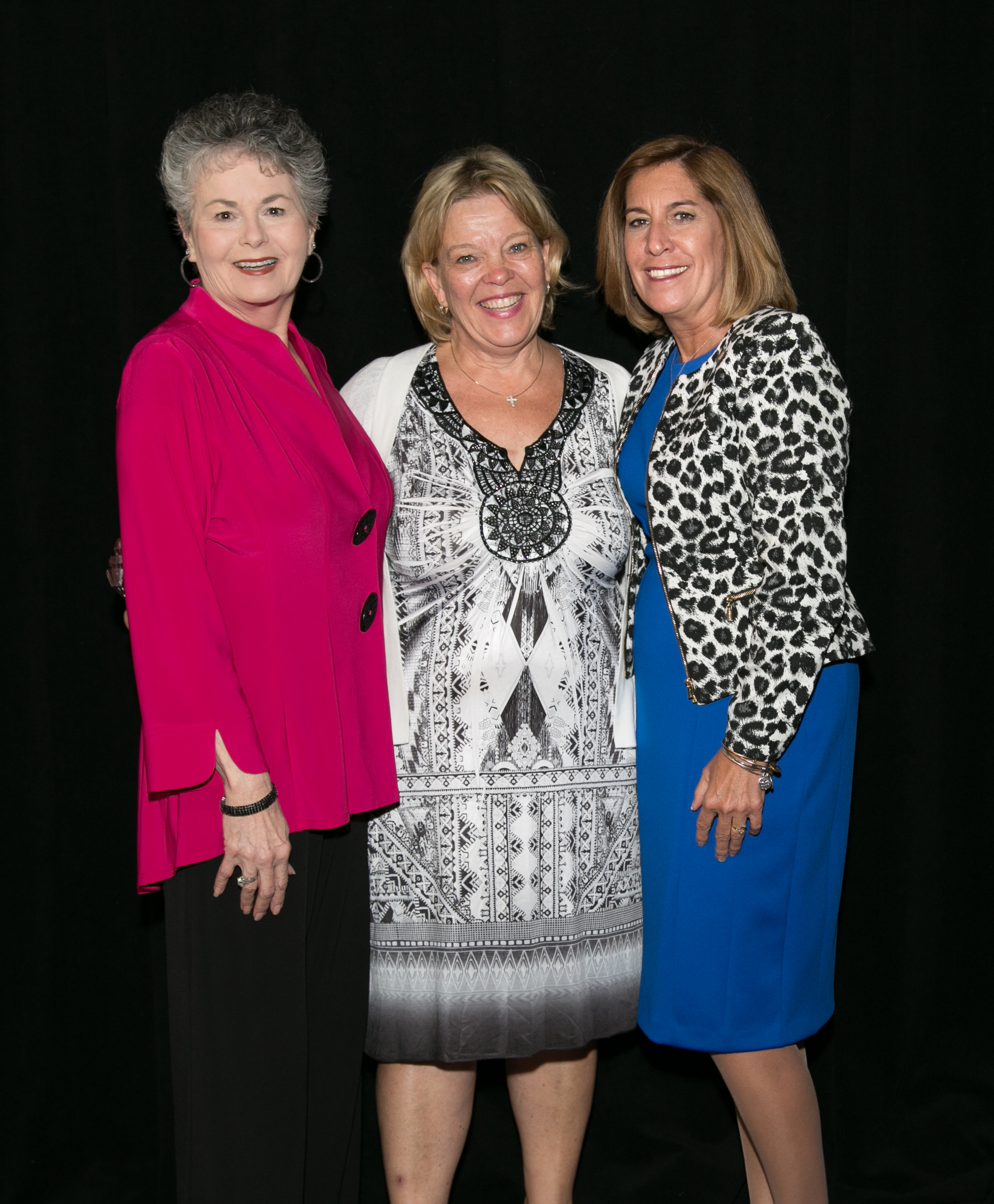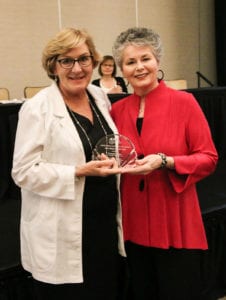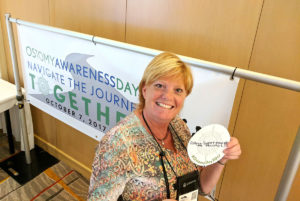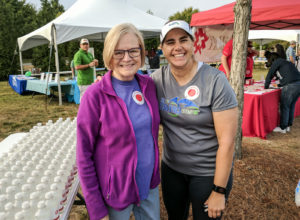By Ellyn Mantell
Welcome to my fantasy.
We all have our fantasies, so come along with me as I describe one of mine…new ostomates (those with ileostomy, colostomy or urostomy, all having had stoma surgery) would begin their adjustment to their new life with all of their questions answered, they would have knowledge and be welcomed into an Ostomy Support Group, they would have a connection with a Wound, Ostomy, and Continence Nurse (WOCN) and they would recognize what a gift, what a lifesaver an ostomy is.
My concern is that this is not the usual for ostomates, either new or even those who have them for many years. In New Jersey, particularly where I live, there are many resources available, and yet, even in our sophisticated arena, many ostomates leave the hospital uninformed and underserved. Prior to Covid-19, I visited patients in the hospital or in rehab facilities to answer their questions. I brought journals and pens so they could write their emotions, concerns, and observations, and refer back to their notes as they made progress. I am so anxious to return to that important undertaking as soon as it is safe to do so.
When I had my surgery in March of 2014, my surgeon told me I would be in the hospital for 5-7 days. However, I felt so well, so quickly, that I was able to leave 4 days later. That was pushing the envelope, but I was so used to recovering from abdominal surgeries, having had 22 before that, my ability to go into recovery mode was well-entrenched. The majority of patients need so much more time, and now, even 4 days is more than they are offered.
Back to my fantasy, and my pipe dream of a great transition for new ostomates:
How can questions be answered, and knowledge gained as needed?
The majority of ostomies, even those performed in an emergent situation, require marking the abdomen for placement of the stoma (opening.) That is typically done by the Wound, Ostomy, and Continence Nurse (WOCN) and that is the person who comes to the patient’s room post-op to begin to prepare the ostomate for life at home. In an ideal world, the WOC nurse has written information to share, which once home, will make more sense, and provides contact information for any questions. Additionally, the ostomate is put in touch with the United Ostomy Associations of America to become part of a bigger group of kindred people.
How do we find Ostomy Support Groups in our area?
I am involved in three Support Groups, becoming president of one already formed when I had my ileostomy, and then worked with WOC nurses at two other hospitals in the area to form new ones. Until Covid hit, these were growing so nicely. But we are meeting virtually now, and staying as close as possible, knowing that the day will come when we are back together. It is wonderful to see “my people” who share my concerns, experiences and fears and accomplishments. We help each other in countless ways. People reach out to me through the WOC nurses in the area, United Ostomy Associations of America, The Phoenix Magazine, the American Cancer Society, three hospitals, and through word of mouth. Because I am so open and revealing about my ileostomy and Lily, my stoma, I believe my name pops into the minds of people when they know someone in need.
Ostomies are Lifesavers! “Read all about it!”
An ostomy provides the gift of health for many, many medical situations, including cancer, ulcerative colitis, Crohn’s disease, diverticulitis, motility issues and devastating organ injury. We live in good times for our supplies and the ability to try new and innovative appliances and accessories. The Phoenix Magazine is a great resource for all, and assists in wading through the confusion many feel. Motivational stories and practical guidance round out the offerings.
A final word about those we call our Angels…the Wound and Ostomy Nurses.
Establish a relationship with one, and if there is an Ostomy Clinic or Ostomy Center in your area, use it! These nurses are your connection to properly-fitting appliances, the correct supplies and accessories, questions and personal support, as well as the ability to refer to a Support Group. More and more are entering the private sector and providing services such as home visits, particularly to those who cannot travel to a clinic or office, and your surgeon may even have one in the office to help navigate the transition to life as an ostomate. We call our WOC nurses our Angels, and that is exactly what they are, ladies and gentlemen with big wings to support us!
Ellyn Mantell is a UOAA advocate and Affiliated Support Group leader from New Jersey. You can follow her personal blog at morethanmyostomy







